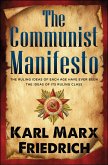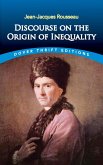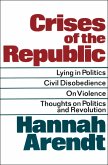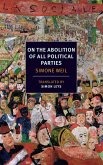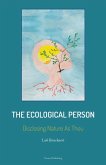The intended audience for these essays is an educated general audience, not my fellow academic philosophers. I could have called these pieces "philosophical" essays on life in Trumpworld, but they are not all equally "philosophical," and I did not want the title to be off-putting for those whose associations with philosophy may not be positive.
Many of these essays are what might be called "applied philosophy," the application of philosophical ways of thinking to current affairs: Trump and Trumpworld. When Rudy Giuliani says "Truth isn't truth" it occasions reflection on the propositional meaning of truth. When French President Emmanuel Macron distinguishes nationalism and patriotism, and Trump endorses nationalism, some conceptual analysis is in order to understand the meaning of the terms.
The star of the show in many of these pieces is, of course, Donald J. Trump. Many of the central players in specific pieces, however, are figures in the tradition of western philosophy as well as contemporary thinkers whose work is useful in illuminating Trump's character and actions, his distasteful presence in American political and cultural life, as well as features of life in the Age of Trump.
The title of this collection pays homage to the first three essays I wrote about Trump. "Truth Trumps Bullshit" is a straightforward application of Harry Frankfurt's notion of bullshit and his important distinction between the liar, who knows the truth and attempts to deceive us, and the bullshitter, who is unconcerned with truth. Trump is a bullshitter par excellence.
According to Aaron James, an asshole is someone who feels entitled to reject common norms of civility and morality in interpersonal relations and is immune to criticism because of this sense of entitlement.
Trump's chauvinism is expressed in his nationalism, sexism, and racism; it's central to his conduct and policies that lack any broader vision of the human good beyond the interests of whatever tribe or group with which he identifies.
The references to "asshole, bullshitter, chauvinist" are not meant to be mere eye-catching epithets. The coarse words are meant to be philosophical references to deeper matters involving truth, moral character, and the scope of moral concern.
There are some main themes that unify this collection; these themes appear and re-appear throughout the essays: the vital connection between the personal (character traits, moral and intellectual virtues and vices) and the political (policies and rhetoric); the importance of truth in a democracy and the dangers of a political leader unconcerned with truth; the value of reasonableness and inquiry in individual and social life; Trump's moral and intellectual unfitness to be president; the worth of philosophy in understanding and evaluating current events; the profound significance of Socrates' notion of wisdom as epistemic humility.
Dieser Download kann aus rechtlichen Gründen nur mit Rechnungsadresse in A, B, CY, CZ, D, DK, EW, E, FIN, F, GR, H, IRL, I, LT, L, LR, M, NL, PL, P, R, S, SLO, SK ausgeliefert werden.




